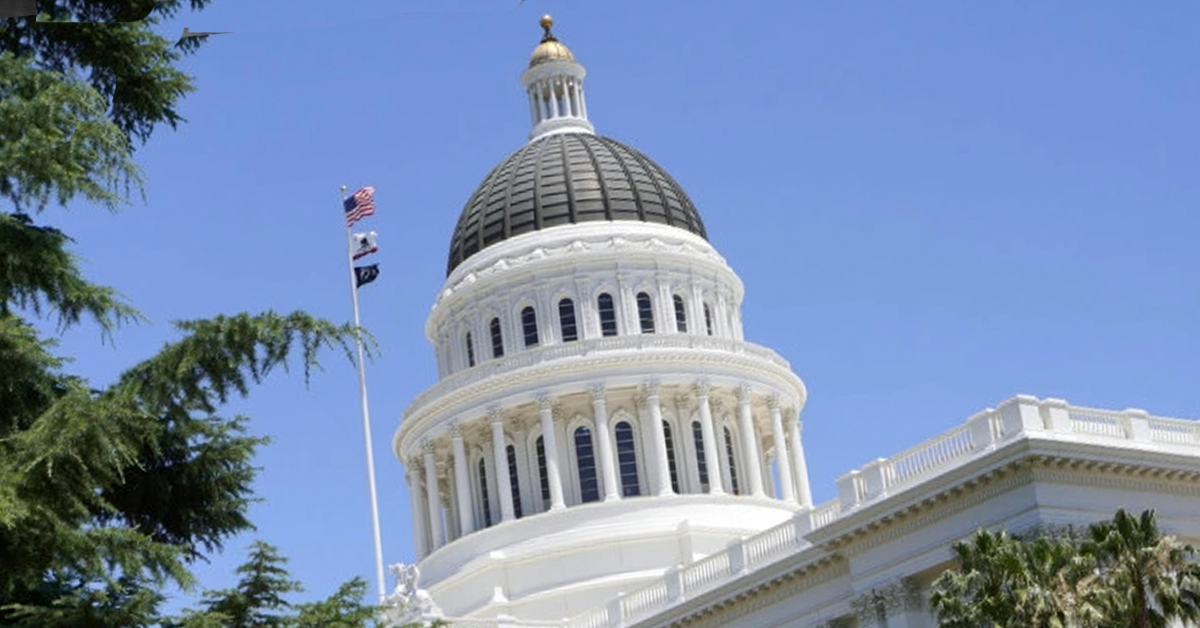San Francisco could be the first major US city to fund reparations for Black Americans as a draft proposal is being presented to the released by the San Francisco Board of Supervisors.
The proposal includes a $5 million lump-sum payment for each eligible Black person, among more than 100 recommendations ranging from offering grants to buy and maintain homes to exempting Black businesses from paying taxes.
Driving the news: Tuesday, the San Francisco Board of Supervisors will consider the recommendations made by the African American Reparations Advisory Committee, which could vote to adopt all, none, or some of the recommendations and change them.
- The move would generate financial heartburn as the city stares down financial difficulties as the global economy cools following the coronavirus pandemic.
- It is estimated that 50,000 Black people live in San Francisco, but it is unclear how many are eligible under the reparations scheme.
- The recommendations lay out a number of possible criteria, such as living in San Francisco during a certain time period and descending from someone incarcerated for the police war on drugs.
The other side: Critics argue that taxpayers who were never slave owners should not have to pay money to people who were not enslaved.
- Pro-reparation advocates argue that government policies and practices worked to imprison Black people at higher rates, deny access to home and business loans, and restrict where they could work and live.
- Although the city of San Francisco faces a shortfall, some believe that the $5m-per-person payment is actually low relative to the considering the harm caused.
- The state of California is also considering reparations, with a similar study due to the Legislature on July 1.
What they’re saying: John Dennis, chair of the San Francisco Republican Party, pilloried the proposal.
- “This conversation we’re having in San Francisco is completely unserious. They just threw a number up, there’s no analysis,” Dennis said. “It seems ridiculous, and it also seems that this is the one city where it could possibly pass.”
- “If you’re going to try to say you’re sorry, you have to speak in the language that people understand, and money is that language,” Howard University Law professor Justin Hansford said.










